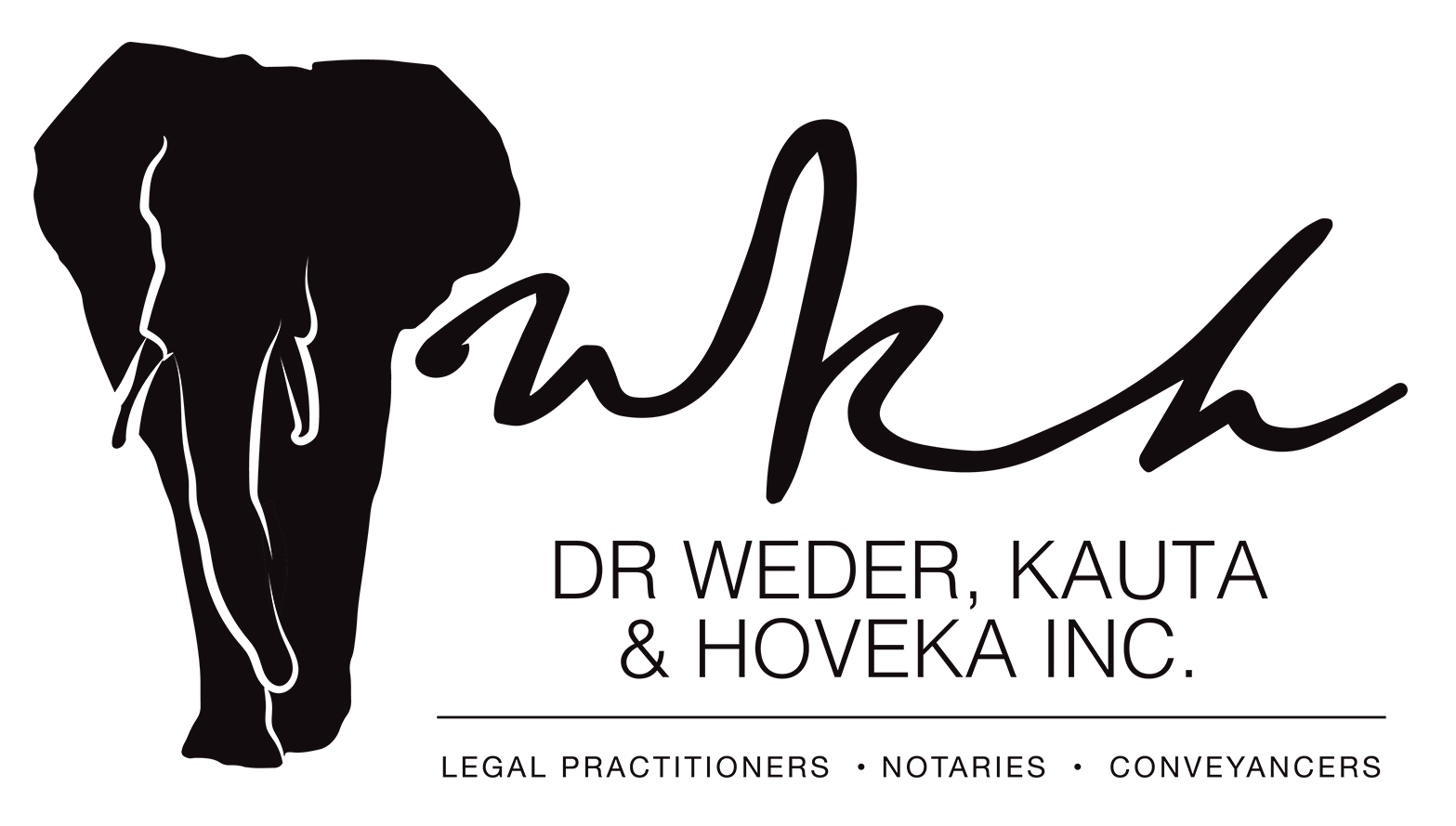The Main Attraction - Jun/Jul '24
Registering a trademark
Registering a trademark
A trademark is a recognisable word, sign, symbol, design, or combination of these things which represents the goods and/or services offered by a business and distinguishes the goods and/or services of one business from another. A trademark may consist of one or a combination of the following: device; label; name; signature; word letter or numeral.
Trademark registrations in Namibia follow a system of classification called the “International Classification of Goods and Services”. There are 45 trademark classes, 34 for goods and 11 for services. You can only enforce your trademark rights within the classes of goods/service in which you choose to register your trademark. We can help you determine in which class to register your trademark for optimal protection. For example, there are two brands with the name “Polo”: a Ralph Lauren Polo shirt and a VW Polo car. These two trademarks are not in conflict with one another because they registered in different classes which are distinct from one another and will not confuse consumers as to the type of product offered by the respective trademark holders.
FIVE BENEFITS OF REGISTERING YOUR TRADEMARK
- You have the exclusive right to use the trademark to identify your goods and/or services.
- You may provide consent to others for the use of your trademark and receive compensation in return.
- You can prevent other businesses from relying on your reputation to promote their goods and/or services, therein preventing unethical competitors such as counterfeiters.
- You can approach the court to stop someone from infringing your rights.
- The lifespan of a registered trademark is 10 years, and registration can be renewed after every 10th year.
REQUIREMENTS FOR AN ELIGIBLE TRADEMARK:
- There should be no conflict/similarities with other existing trademarks or pending applications.
- A trademark must be either inherently distinctive or have acquired distinctiveness through use.
- The strongest and most distinctive trademarks are invented words with no dictionary meaning like KODAK, PEPSI.
- The second strongest trademarks are trademarks with dictionary meanings that hold no relationship or association with the goods/services of an application, such as APPLE for computers and smartphones.
- The third strongest trademarks are trademarks that require imagination, thought or perception to reach a conclusion as to the nature of those goods and/or services, e.g. GREYHOUND for bus lines, JAGUAR for automobiles.
- The least distinctive trademarks are descriptive trademarks, which immediately convey an ingredient, quality or characteristic of the goods or services of the trademark, e.g. COLD & CREAMY for an ice cream shop. Descriptive trademarks can only be registered if you have acquired distinctiveness through extensive use over several years.
- The trademark must be intended to be used in commerce.
- Capability to identify the source of a product/service.
REGISTERING A TRADEMARK
- Trademark search to determine if there is a conflict.
- Determine in which class your trademark should be registered.
- File application for registration of a trademark and pay the required fees.
- Examination of the trademark done by the Registry.
- Publication of your trademark in the IP Bulletin.
- Deal with objections and oppositions (if any).
- Registration completed. Protection will be retrospective from the date of application.
- This process generally takes between 6 to 12 months.
- National, Regional and International Applications.
Trademarks are territorial, thus an applicant needs to apply for registration of their trademark in every country in which they seek protection. If you only do a national application, your trademark will ONLY be protected in Namibia. All national applications are administered by the Business and Intellectual Property Authority (BIPA).
ARIPO (African Regional Intellectual Property Organisation) administers various designated countries in Southern Africa.
WIPO (World Intellectual Property Organisation) administers designated countries around the world.
Please contact Dr. Weder, Kauta & Hoveka Inc. to help you register your trademark.



